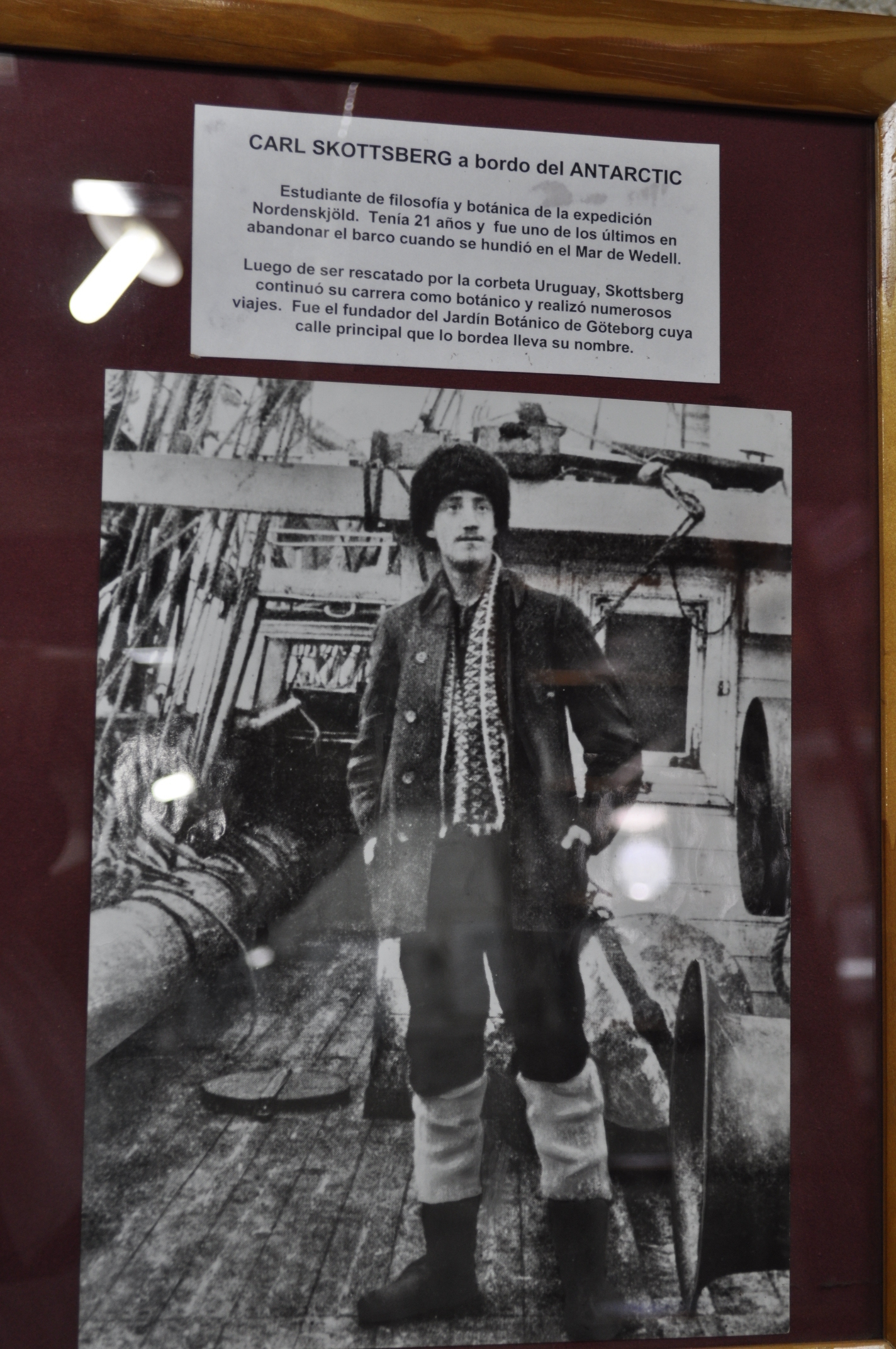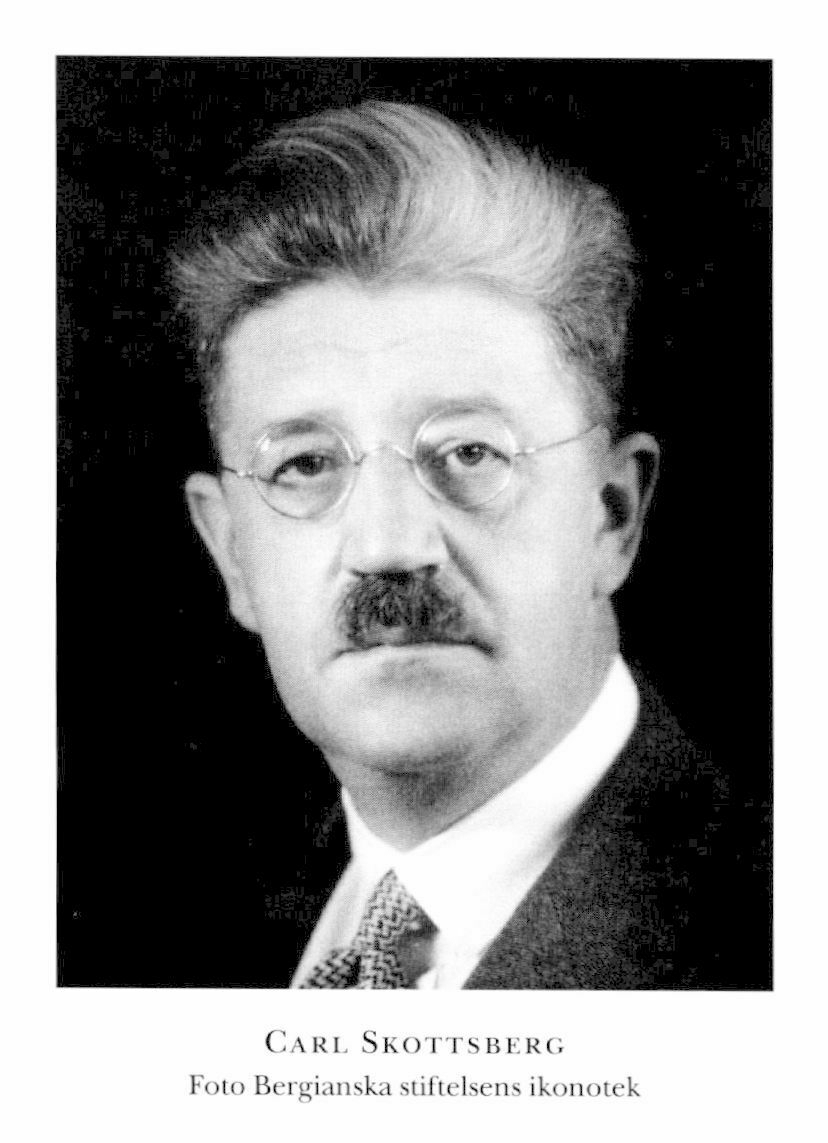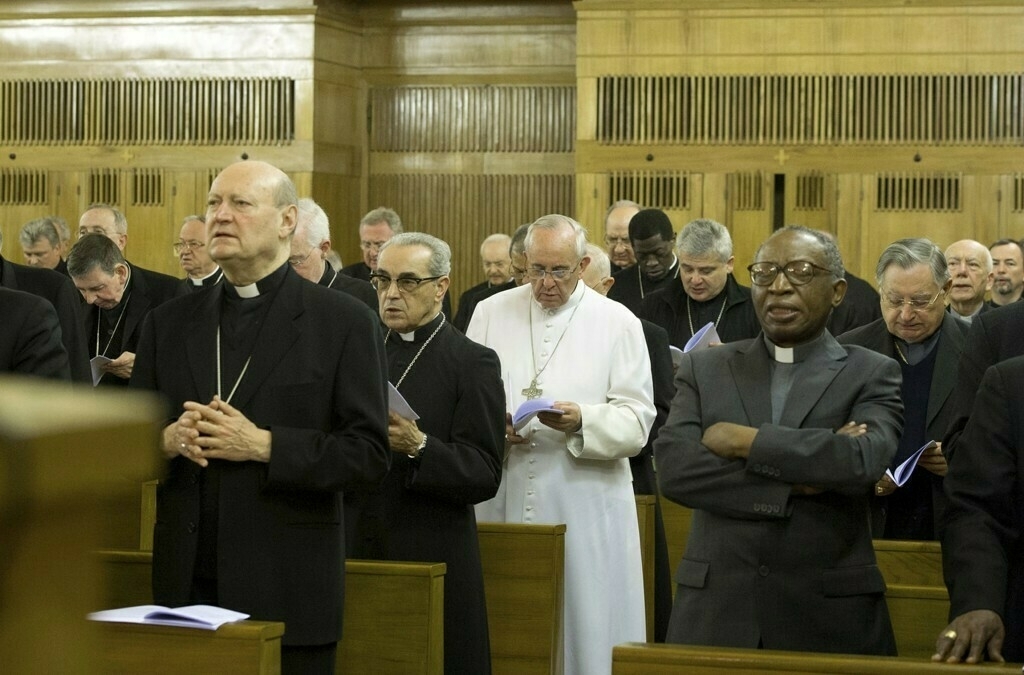Category: Longform
You are viewing all posts from this category, beginning with the most recent.
Bullet Points for a Tuesday Evening
Because hey, I like this format.
- Just when you think spring was here, we get snow. The ground and roads were covered this morning. Ick. At least it’s melted off by this afternoon.
- There’s a 60 degree day in the forecast. I’ll believe it when I see it.
- Of course, next week I’ll be in Florida for work where the highs are supposed to be in the low 80’s every day.
- You aren’t reading this just to get Chris’s thoughts on the weather, are you?
- I just submitted a big proposal at work this afternoon. Praying that it is looked upon favorably.
- I desperately need some other music to get rid of the Frozen soundtrack earworm that’s plagued me the past week. The girls have been singing “Do you want to build a snowman?” incessantly.
- I did something this morning I haven’t done in ages - turned off my alarm w/o realizing it and overslept past something on my calendar, in this case my Tuesday morning Bible study. Oops.
- I have fresh brownies on the stove and a chapter of The Hobbit to read to the girls, so this will be my last bullet.
On Being Allowed to Grow Up
There’s a fascinating article on The Atlantic site that’s been making the rounds recently, and it’s well worth a read. Author Hanna Rosin, in her article “The Overprotected Kid”, examines how attitudes toward children and risk have changed in the past few decades. Where in the 70s parents would’ve just turned kids loose, kids are now more frequently monitored, reined in, and protected. She tells about a playground experiment in Britain where they’ve gone the other direction - removing the rubberized, “safe” equipment in favor of lots of raw material, limited adult intervention, and very few rules. Fascinating stuff.
Now, the article is well worth considering from the sociological and parenting angles, but this bit stuck out at me from a faith angle as well:
One common concern of parents these days is that children grow up too fast. But sometimes it seems as if children don’t get the space to grow up at all; they just become adept at mimicking the habits of adulthood. As Hart’s research shows, children used to gradually take on responsibilities, year by year. They crossed the road, went to the store; eventually some of them got small neighborhood jobs. Their pride was wrapped up in competence and independence, which grew as they tried and mastered activities they hadn’t known how to do the previous year. But these days, middle-class children, at least, skip these milestones. They spend a lot of time in the company of adults, so they can talk and think like them, but they never build up the confidence to be truly independent and self-reliant.
Now I’m shooting from the hip here, so feel free to jump in and set me straight in the comments if you want, but from my experience in the evangelical church it seems that we might be treating our children in the faith the same way. Let me tease that out a bit.
Are our children in the faith, whether new adult converts or children who have been raised in the church, really given the space to grow up in the faith? Or have we simply encouraged an environment that is the spiritualized equivalent of “let me walk you to school” and “stay away from that creek, you might get wet!”?
In our desire to protect young believers, are we unhealthily protecting them from the spiritual bumps and bruises that come from healthy exploration? Rather than wrapping protective material around any potentially difficult or painful spiritual point, should we instead be encouraging exploration, learning, and growth?
In a related vein, Peter Enns notes today that
If you ask me, one reason God might have for different denominations and traditions is they they reflect different stages of the spiritual journey.
Then, quoting psychologist David G. Benner, he reminds us that
…communities exist for the support of others, not their control. Like enmeshed familes or codependent marriages and partnerships, [unhealthy] communities fail to see the other as separate from themselves and to celebrate this fact and then help people achieve this differentiation in a healthy manner.
So, allowing room for exploration and real growth (as opposed to just learning imitation) allows us to celebrate individuals as they grow into their own identity. Certainly gives me things to think on as a parent; there may be a lesson there for pastors and church leaders, too.
The difference a decade makes
On the left, my passport photo from 2004. On the right, my passport photo from last week.

Not everything that calls itself a church is really a church.
My friend Randy posted a nice little bit of self-observation today that resonates with me:
Q – Randy, are you a heretic or something? What is wrong with you? First, am I a heretic?
No. I hold to the commonly shared beliefs of the church universal without exception. What I am is a critic of the evangelical church in the USA in our era. This church has lost its focus on Jesus and has become some kind of leisure time entertainment/marketing organization. Not that there is anything wrong with that; but of course, there is something wrong with that. Some people fail to distinguish between a local manifestation of the idea of the church and the church itself. If you fail to distinguish those two things, you might see me as destructive rather than constructive. You’ll have to believe me when I say that I love the church. But not everything that calls itself a church is really a church. … Second, what is wrong with me? Lots and lots of stuff.
I love this guy and give him an understanding nod and smile on this Friday.
My Swedish Doppelganger
When my wife’s sister and her husband recently visited Chile, they found this picture in a museum somewhere and sent it to my wife, noting that they’d found my doppelganger. I have to admit, I do see the resemblance. (Click on it to see the big version.)


The translation of the text with the photo (thanks, Google translate!):
CARL SKOTTSBERG aboard the ANTARCTIC A student of philosophy and botany of the Nordenskjold expedition. Was 21 years and was one of the last to leave the ship when it sank in the Weddell Sea. After being rescued by the corvette Uruguay, Skottsberg continued his career as a botanist and performed numerous trips. He was the founder of the Goteborg Botanical Garden whose main street that borders bears his name.
It turns out that Carl Skottsberg was indeed a Swedish botanist and explorer. It would appear that later in life his appearance and mine diverged a bit. (However, if anybody that’s handy with Photoshop wants to mock-up what this guy would look like with a shaved head and goatee… be my guest!)

For a moment in our 20s, though, we might have been brothers.
To be a Christian is to believe that all political ideologies are suspect.
Pascal-Emmanuel Gobry nails it:
To be a Christian is to believe that all political ideologies are suspect. And wrong. It doesn’t mean that Christians should retreat from all political ideologies — as that would also be a political ideology, and also wrong. By all means, be a Christian liberal. Be a Christian conservative. But if you are a Christian liberal, if you are a Christian conservative, then by definition there will be tensions between your Christianity and your political ideology. It’s axiomatic. And if you are a Christian first and an ideologue second, you should confront those tensions instead of papering over them.
The whole post is worth a read.
A couple thoughts about Christian celebrity
There’s been a lot of talk about Christian celebrity the past several days, but Richard Beck hits on something important this morning by making the distinction between being popular and being a celebrity.
In short, the diagnostic test that you are dealing with a Christian celebrity isn’t the fact that the person is in a spotlight speaking to thousands. Because that might just be a talented and popular person up there. And there’s no shame or elitism in that. What makes the person a celebrity or not isn’t the size of the crowd. What makes the person a celebrity is where the person is before and after the talk. Let me repeat that. The test of Christian celebrity is where the person is before and after the talk. If the person giving the talk is in the audience before and/or after the talk then that’s not a Christian celebrity. That’s just a talented and popular speaker. By coming “down from the stage” to be with the crowd–it’s an Incarnational move here–the speaker is erasing any elite distance or distinction between themselves and their audience. Connecting with the crowd before and after is an act of solidarity, hospitality, humility and service. The speaker is making themselves available. And that availability is the exact opposite of celebrity.
This is a very helpful distinction. I remember attending a Desiring God pastors conference probably a decade ago and seeing Mark Driscoll ushered in by security after everyone else had already been seated, and quickly ushered out after he had spoken and before anyone else could get up to leave. That gives one sort of impression.
On the other hand, two years ago I went to Nashville to a small event where N. T. Wright was speaking. Dr. (Bishop? Rev.? not sure what title he prefers) Wright had just flown in from England that day. While clearly the focus of the event, he spent the first hour of the evening sitting in the crowd enjoying the local musicians who were there to sing, then after speaking for an hour spent at least another 90 minutes patiently signing books, taking pictures, and talking to a long line of folks. Popular? Yeah. Celebrity? Not that day.
The discussion also reminds me of this picture which I saw recently in the news:

Here’s the Pope, on a Lenten retreat, just another priest in a pew. Now, granted, Pope Francis is a celebrity by about any definition; but it seems clear to me that he’s trying as hard as he can to not be a celebrity; to be personal, real, accessible, and pastoral even in the most visible religious role in the world.
Even us non-celebrity (and even non-popular) folks could learn a lesson or two from the good Bishops of Durham and Rome..
How can suburban churches minister to urban areas?
Some challenging thoughts from Christina Cleveland today:
If we truly saw ourselves as an interdependent body with a shared Head, resources, blood, and life, then suburban churches that want to love on a city wouldn’t do it by expanding their empires across city lines. They would do it by truly sharing their resources, blood and life in service to the Head. Why build a new church building in the city when you can build one for an urban church – in desperate need of a new building– that is already there doing great work? Why hire a new pastor to work at your new urban church plant, when you can give an urban church the resources to make their long-suffering bi-vocational pastor full-time? Why fund a new urban service project when you can fund the urban service projects that people of color have been running tirelessly and effectively on a shoe-string budget for years? The empire says that our church needs to be present in every community, our church has the answers, and our church’s resources are our resources alone. If we follow this path, power dynamics remain unchanged and urban church plantations ensue. The better, more honoring path requires equity – which is costly. Just ask the rich, young ruler. Jesus asked him to reject his empire approach to life, stop being so possessive about his possessions, and join the interdependent family of God.
Powerful stuff.
Bullet Points for a Monday #5
Because, hey, it’s been a long time since I’ve done one of these.
- Did my first three-service weekend on worship team the last two days. I think I made the right decision to go to only one week per month.
- The worship set, albeit short, was a good one.
- Did a special number with a friend and it turned out really well.
- Have come to happy acceptance of the fact that I’ll never really be a soloist, but I can be a darn good backup singer. That works for me.
- Work has recently given me a case of ‘be careful what you wish for because you might just get it’. More to follow, but it’ll be an interesting next few months.
- We’re right in the middle of birthday week at the Hubbs house. Two birthdays down, one to go. Being 37 doesn’t make me feel nearly as old as having my youngest daughter turn 5 does.
- After griping that I missed Markdown support in my move back to Wordpress, my friend Randy pointed out that Wordpress added Markdown support via the Jetpack plugin a few months back. Huzzah!
- I’ve got a lot of thoughts brewing on the recent developments re: Bill Gothard and Mark Driscoll, but nothing really that feels solid enough or useful enough to be worth posting. Praying for all concerned.
Such are my scattered thoughts for Monday.
The Importance of Accountability
Carl Trueman, writing today about Mark Driscoll’s problems, and our own:
Mark Driscoll is one person, a uniquely talented individual. Yet he is also a function of structural problems within the new Reformed movement itself. Despite its distinct and in many ways sophisticated theology, the “young, restless, and reformed” movement has always been in some respects simply the latest manifestation of the weakest aspects of American Evangelicalism. It was, and is, a movement built on the power of a self-selected band of dynamic personalities, wonderful communicators, and talented preachers who have been marketed in a very attractive manner. Those things can all be great goods but when there is no real accountability involved, when financial arrangements are opaque in the extreme, and when personalities start to supplant the message, serious problems are never far away.
Trueman makes several good points here. It’s worth reading the whole thing.